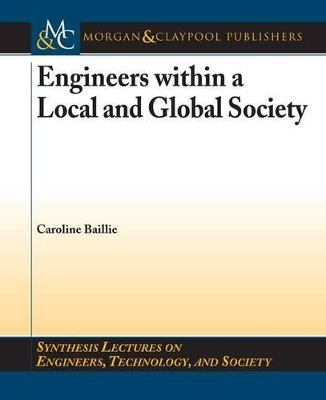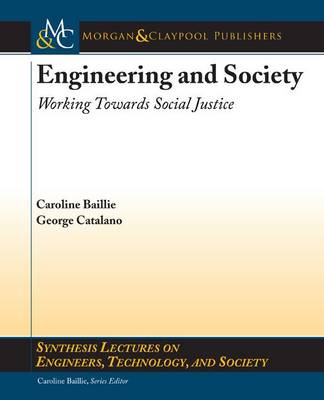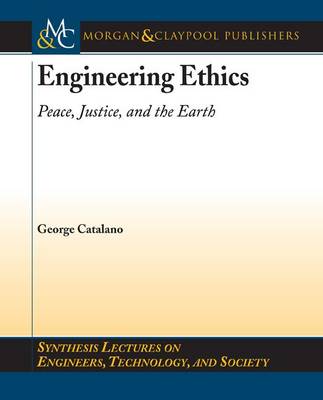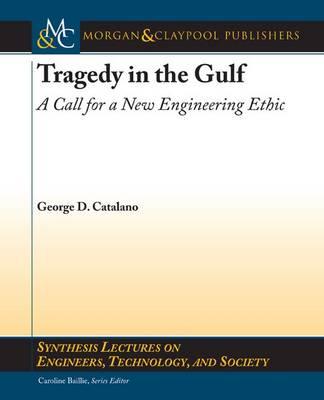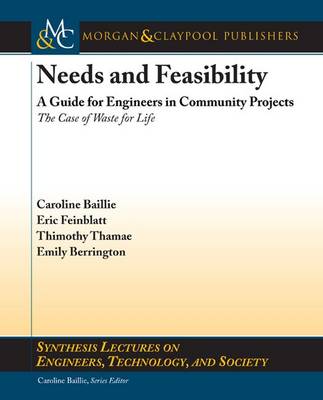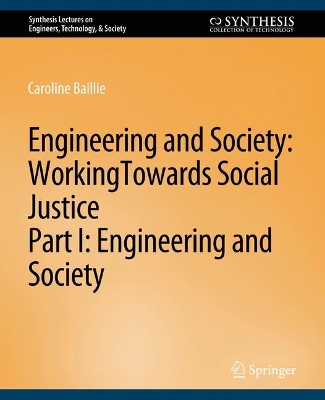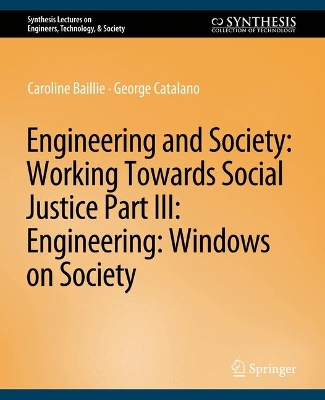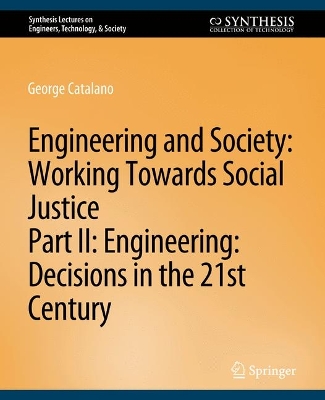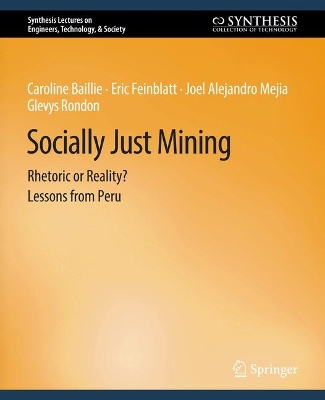Synthesis Lectures on Engineers, Technology, and Society
11 total works
In an increasingly competitive and hostile environment in which practicing engineers are forced to spend their lives fighting for higher profit margins, many engineers become despondent and often leave the profession just a few years after graduation. They do not feel they are engineering for those in need in the world but for a small minority who can pay. There are an increasing number of engineers in the workplace who feel dissatisfied with these issues but do not know where to begin to address them. It is hoped that these books will start a conversation in many parts of the world where diverse engineers are working.
This introductory book of the series presents an overview of the key issues at stake. I consider how, as engineers, we might decide what is the right thing to do by exploring rights and notions of freedom and what these might mean in a world where we are, according to some, `training for compliance'. I consider engineering in the past and how it has been used to contribute to social contexts in the Western world as well as in developing countries. I look at our responsibility as engineers to learn from the past to enhance our understanding and take appropriate action related to contemporary industrial development and globalization. Finally, I present a case study of my own engineering for others to critique. Practicing what you preach is never easy and living as a just engineer presents many challenges. As Ursula Franklin states clearly in her Massey lectures which I discuss in chapter 1, engineers have choices; it is up to us to ensure that we are aware of the way in which our engineering practice contributes to global social, economic and political issues so that we are able to make response - able choices.
Needs and Feasibility
by Caroline Baillie, Eric Feinblatt, Thimothy Thamae, and Emily Berrington
Mining and Communities
by Rita Armstrong, Caroline Baillie, and Wendy Cumming-Potvin
The Garbage Crisis
by Randika Jayasinghe, Usman Mushtaq, Toni Smythe, and Caroline Baillie
Engineering and Society: Working Towards Social Justice, Part I
by Caroline Baillie and George Catalano
Table of Contents: Introduction / Engineering and Society / Engineering and the Public / Globalisation, Development, and Technology
Engineering and Society: Working Towards Social Justice, Part III
by Caroline Baillie and George Catalano
Table of Contents: Introduction / Throwing Away Rubbish / Turning on the Tap / Awakened by an Alarm Clock / Driving the SUV / Travelling to Waikiki Beach
Engineering and Society: Working Towards Social Justice, Part II
by Caroline Baillie and George Catalano
Table of Contents: Making Decisions in the 21st Century / Ethics / Landmines and the War in Iraq / Hurricane Katrina and the Flooding of New Orleans / Disappearing Bumble Bees / Engineering and Traditional Approaches / Engineering and Freedom / Engineering and Chaos / Engineering and a Morally Deep World / Engineering and Globalism / Engineering and Love / Case Study Application / Final Thoughts
